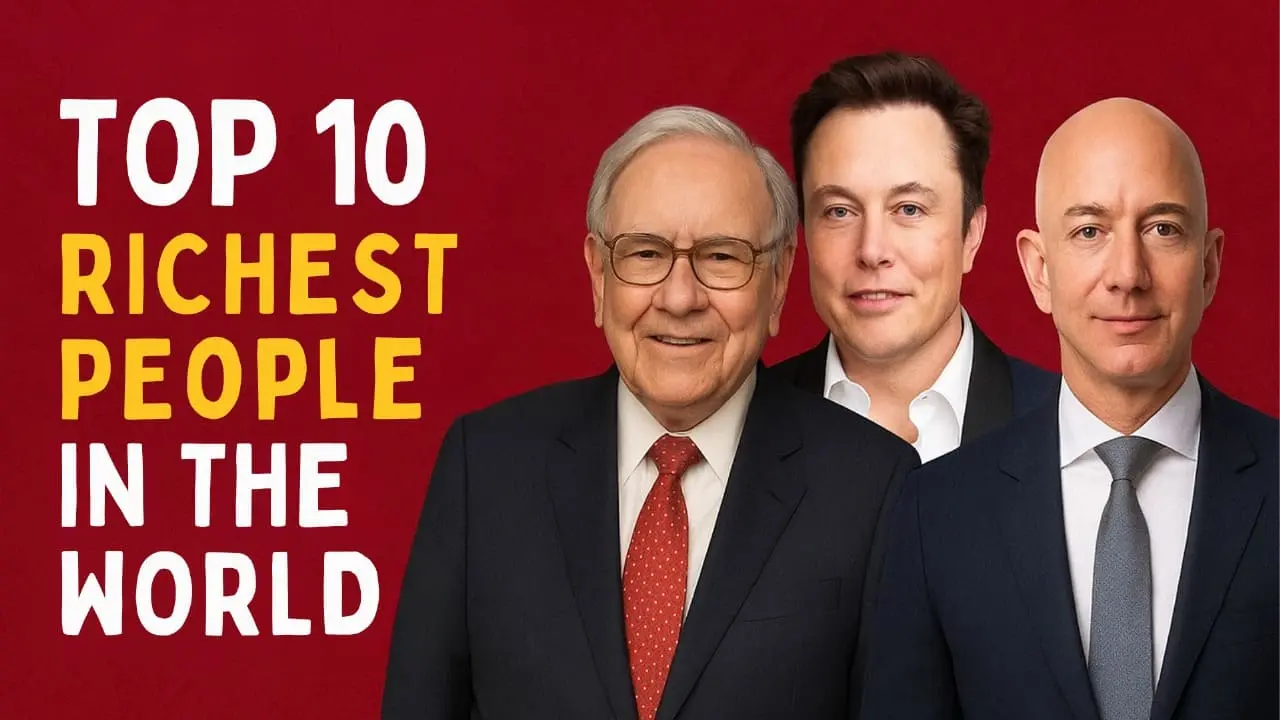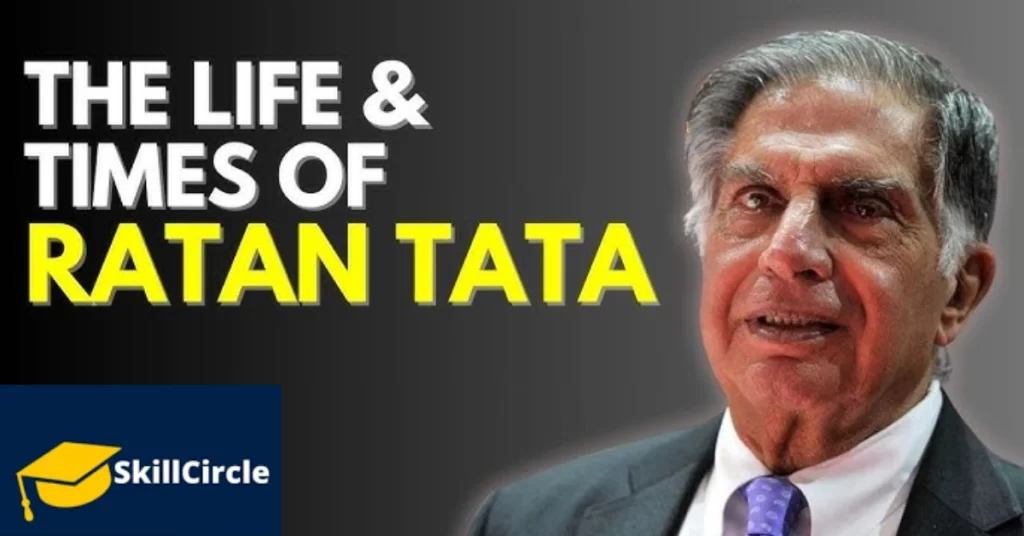
Introduction:
When we think of success stories that touch our hearts and make us believe in the power of dreams, one name stands out — Ratan Tata. The Life story of Ratan Tata was not only one of earning fortune but also one of dedication, modesty, and an unflinching desire to change the world despite being born into the prestigious Tata family. Ratan Tata’s life story is about building one of India’s largest business empires, staying grounded, and compassionate, and inspiring millions of Indians to dream big.
For a young Indian, his life resonates deeply. The Ratan Tata history shows us that no matter how big the challenges are, perseverance can take you to unimaginable heights. His decisions, both in personal life and business, reflect integrity and commitment, two values that make him a beloved figure in Indian society.
Through this blog, let’s explore the life story of Ratan Tata—a journey that started with a dream and transformed India.
Early Life and Education: Humble Beginnings, Grand Ambitions
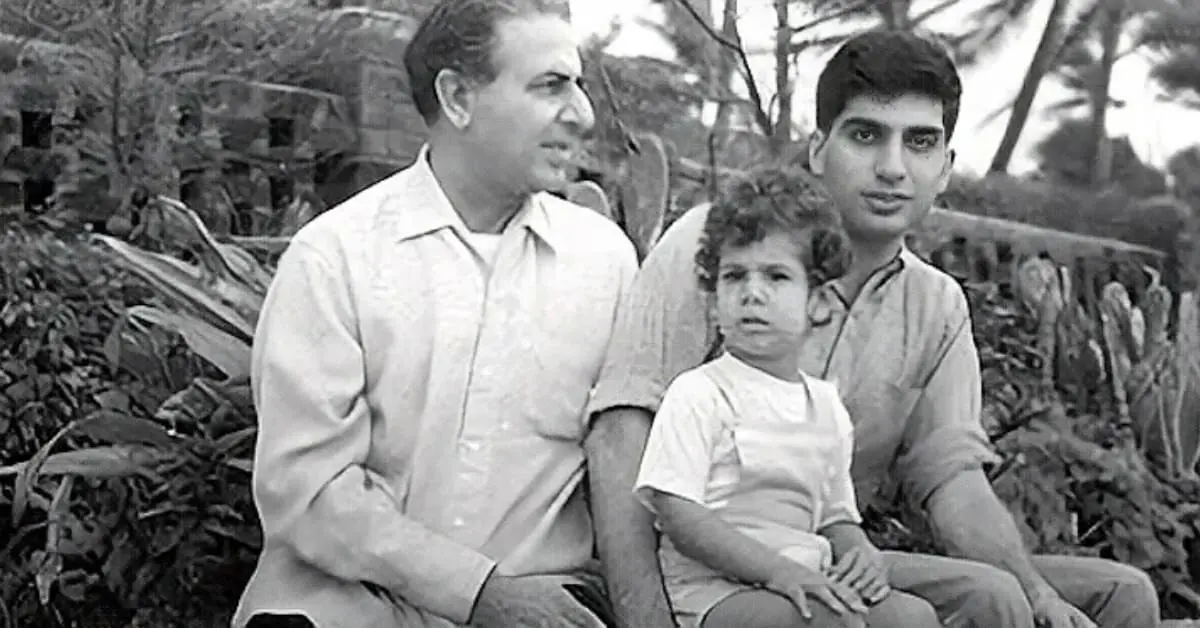
The life story of Ratan Tata begins in Mumbai on December 28, 1937, when he was born into the Tata family. Although Ratan Tata was born into privilege, his early years were far from perfect. His parents, Naval and Sooni Tata, separated when he was just ten years old, leaving him and his younger brother Noel to be raised by their grandmother, Lady Navajbai Tata.
Despite this challenging personal start, Ratan Tata remained focused on his education. He completed his schooling at the prestigious Campion School in Mumbai and later moved to the United States to pursue higher studies. After graduating from Cornell University with a degree in Architecture and Structural Engineering in 1962, Tata worked briefly in the U.S. before returning to India to join the Tata group.
Tired of not getting a JOB?
Diploma Course in Digital Marketing
With 100% Job Guarantee
Learn effective marketing strategies & maximize your income.
Overcoming Early Life Challenges
Though we all know the Ratan Tata family history, his life wasn’t always easy. As a child, the separation of his parents deeply affected him, making him more introspective. But rather than allowing it to pull him down, Tata used this emotional challenge to build resilience. He focused on his studies and hobbies, including architecture, which he pursued as his passion before entering the business world.
One inspiring incident from the history of Ratan Tata comes from his time in the U.S. As a student at Cornell, Ratan faced financial difficulties and had to work part-time jobs to make ends meet. He worked as a waiter and even washed dishes to support his studies. This experience taught him the value of hard work and humility, two qualities that would define his leadership style later in life.
Ratan Tata’s Entry into Tata Group: Challenges and Opportunities
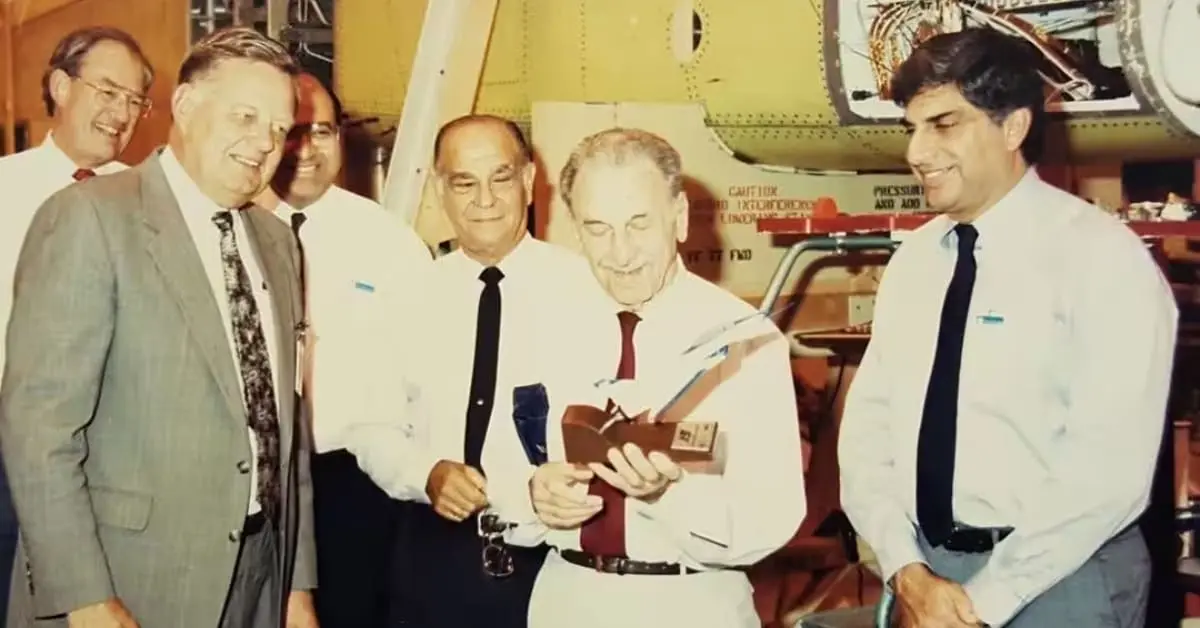
Upon his return to India, Ratan Tata joined the family business in 1962. We all are aware of the Ratan Tata family history. However, he didn’t get an easy start. Unlike many other business heirs, Tata didn’t jump into leadership roles but instead began working on the shop floor at Tata Steel, one of the group’s oldest companies. His leadership approach in later years was impacted by this practical experience, which allowed him to completely understand the specifics of the company.
Despite being part of the Tata family, Ratan Tata had to prove his capabilities. His initial years were filled with tough challenges, including the company’s slow growth during the 1970s and 1980s. But Tata never backed down. He introduced bold reforms and innovative strategies that ultimately brought a wave of modernity into the group.
The Humility That Shaped a Leader
One of the defining moments in Ratan Tata’s history came when he was working at Tata Steel. He was placed in a lower-level job, despite being a member of the Tata family. On one occasion, when he was working on the factory floor, a senior worker approached him and said, “I hope you don’t think you’ll just walk into a director’s office from here.”
This comment was a reflection of the disbelief many held about Ratan Tata’s ability to lead the Tata Group in the future.
Instead of being offended, Tata took this as a challenge. He worked harder, learning everything about the company from the ground up. This experience would later help him when he took over as chairman, as he had a deep understanding of how the company functioned at every level.
Becoming the Chairman: Passing the Ratan Tata Family History
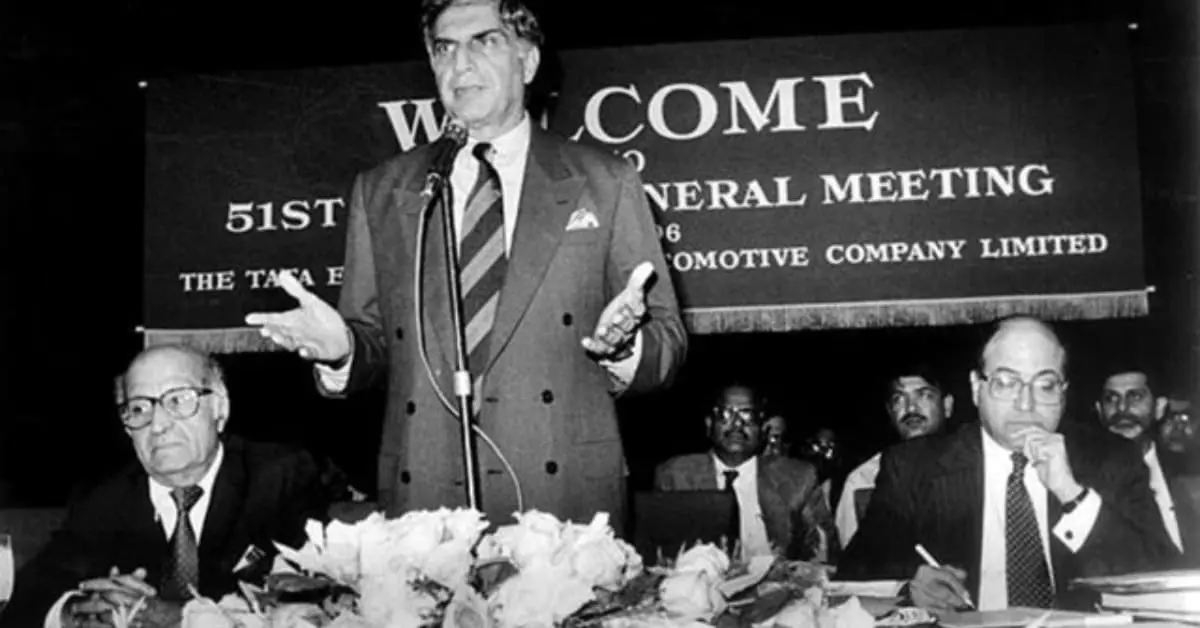
The real life story of Ratan Tata started in 1991 when he took over as the chairman of the Tata Group after the retirement of J.R.D. Tata. At the time, many questioned whether Ratan Tata could fill the giant shoes of his predecessor. But Ratan Tata had a vision — one that would take the Tata Group beyond India’s borders and into the global marketplace.
Under his leadership, the group expanded significantly, acquiring internationally renowned companies like Tetley Tea, Jaguar Land Rover, and Corus Steel. Tata Group acquired Tetley Tea for $430 million in 2000, and by 2008, it purchased Jaguar Land Rover for $2.3 billion. During this period, Tata’s revenues were in the billions, reflecting its strong market position. These moves were bold, signaling Tata’s ambition to position Indian businesses on the global stage. Today, the Tata Group operates in over 100 countries and is a major player in industries ranging from steel and automobiles to telecommunications and information technology.
Despite these successes, The Ratan Tata history says he remained a humble leader, focusing on people rather than profits. He believed in empowering employees, listening to their ideas, and fostering innovation across the group. This phase of the life story of Ratan Tata is a lesson in leadership, perseverance, and thinking big.
Tired of not getting a JOB?
Diploma Course in Digital Marketing
With 100% Job Guarantee
Learn effective marketing strategies & maximize your income.
Biggest Bet in The Ratan Tata history: The Tata Nano
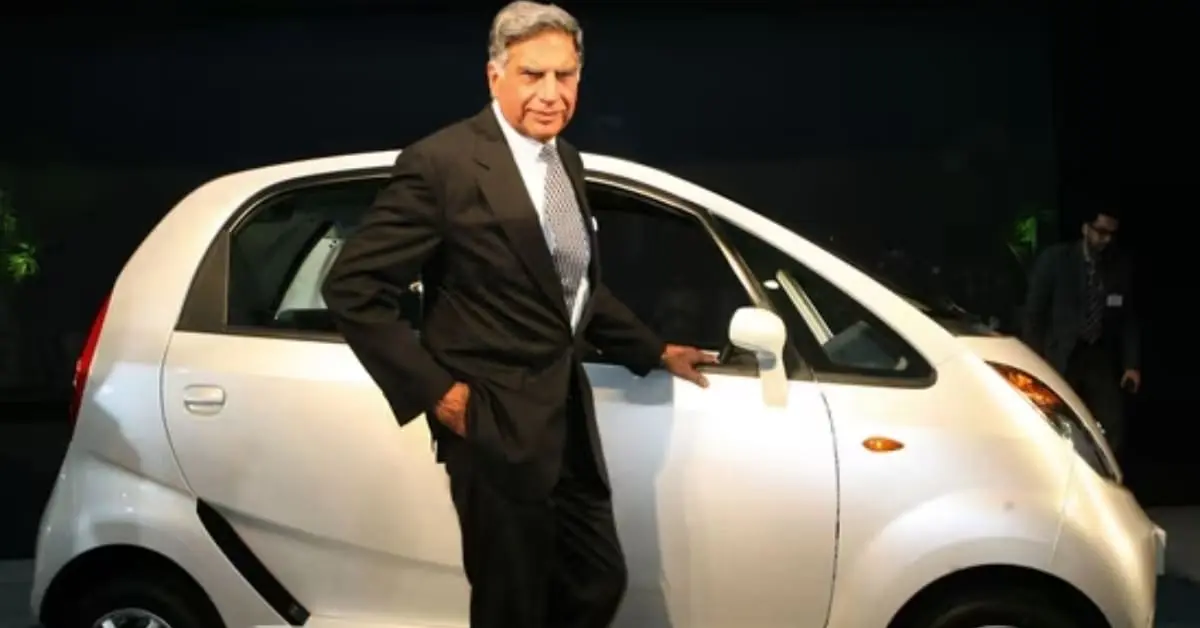
One of the most inspiring and bold moves in the Ratan Tata history was the creation of the Tata Nano, the world’s cheapest car. Launched in 2008, the Nano was a revolutionary idea aimed at making car ownership affordable for millions of middle-class Indians. For Tata, this wasn’t just a business decision; it was a personal mission to fulfill the dreams of Indian families.
A moving experience catalyzed the creation of the Nano. Ratan Tata once saw a family of four riding a two-wheeler on a rainy day in Mumbai. This sight deeply affected him. He wanted to provide a safe, affordable alternative for such families. Thus, the Tata Nano was born, with an initial price tag of just ₹1 lakh.
Though the Nano didn’t achieve commercial success because it was advertised as the cheapest car, it remains a testament to Ratan Tata’s determination to create solutions for the common man, showcasing his belief in making dreams come true.
Autobiography of Ratan Tata: Lessons from a Legendary Life
The life story of Ratan Tata is a lesson for aspiring entrepreneurs and dreamers yet there is no official autobiography of Ratan Tata. Ratan Tata’s career is not just about the decisions he made as a businessman but also about the person he is at heart. He is known for his humility, compassion, and philanthropy, values that define the Tata legacy.
In an interview, Tata revealed that one of his biggest regrets was not marrying. While he did fall in love multiple times, circumstances never allowed him to settle down. Yet, he never let personal challenges affect his professional life. Instead, he poured his energy into building the Tata empire and giving back to society. Still, it was a dream for millions to read the autobiography of Ratan Tata.
The Ratan Tata Family History: A Legacy of Values and Integrity
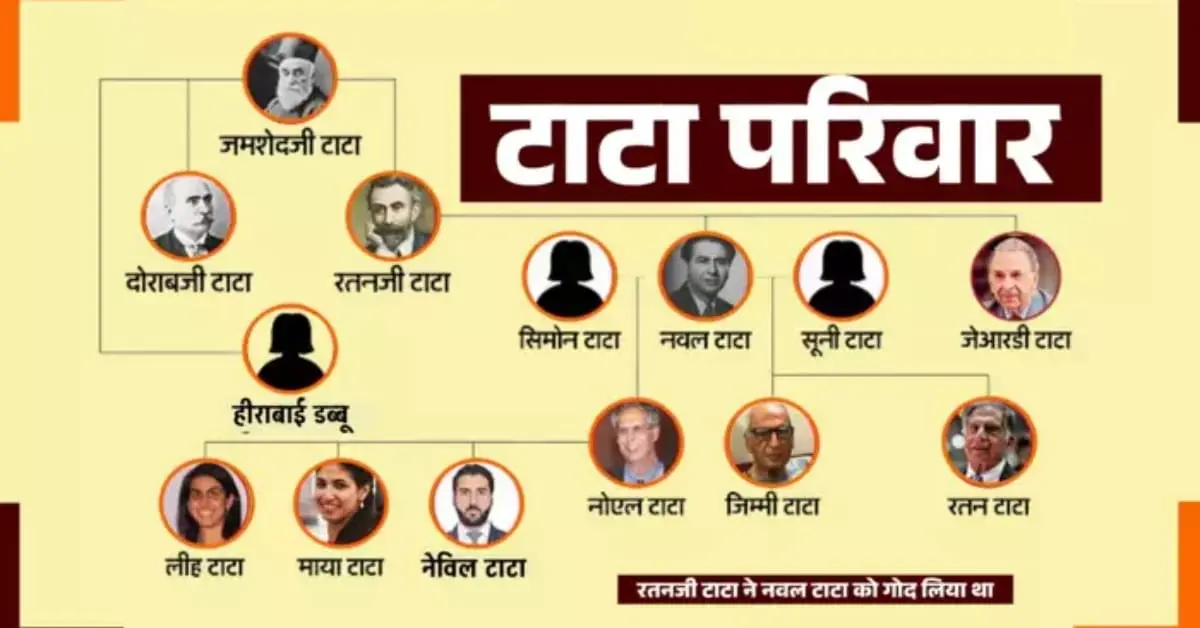
The Ratan Tata family history is one rooted in philanthropy, ethics, and a commitment to nation-building. The Tata family is not just known for its wealth but also its unparalleled contribution to India’s development. Jamshedji Tata, the founder of the Tata Group, is often hailed as the “Father of Indian Industry” for his visionary ideas and commitment to industrializing India.
Ratan Tata’s family values have always played a significant role in shaping his outlook on life and business. His father, Naval Tata, was known for his simple living and strong moral principles. Ratan Tata inherited these values and upheld them throughout his career. Whether it was ensuring fair treatment of employees or focusing on the welfare of society through the Tata Trusts, the Ratan Tata family history is a testament to the belief that wealth and power come with the responsibility to give back to society.
This deep-rooted sense of purpose continues to inspire millions today, showing how family values can shape not just individuals but entire nations.
Philanthropy and Social Initiatives: Giving Back to Society

One of the most inspiring aspects of the life story of Ratan Tata is his dedication to philanthropy. While his business achievements are well known, Tata’s contributions to education, healthcare, and rural development are equally noteworthy. The Tata Trusts, which Ratan Tata heads, control 66% of the Tata Group’s profits and direct them toward social causes.
Under his leadership, the Tata Group funded several institutions, including the Tata Memorial Hospital, the Indian Institute of Science, and the Tata Institute of Fundamental Research. Ratan Tata also played a key role in building hospitals, schools, and clean water facilities in rural India.
For Ratan Tata, business success was always intertwined with social responsibility. He strongly believed that businesses should contribute to society, not just by creating jobs and wealth but by solving social issues. His philanthropic initiatives continue to touch millions of lives in India, making his legacy far-reaching and impactful.
Top Companies Owned by Tata Group
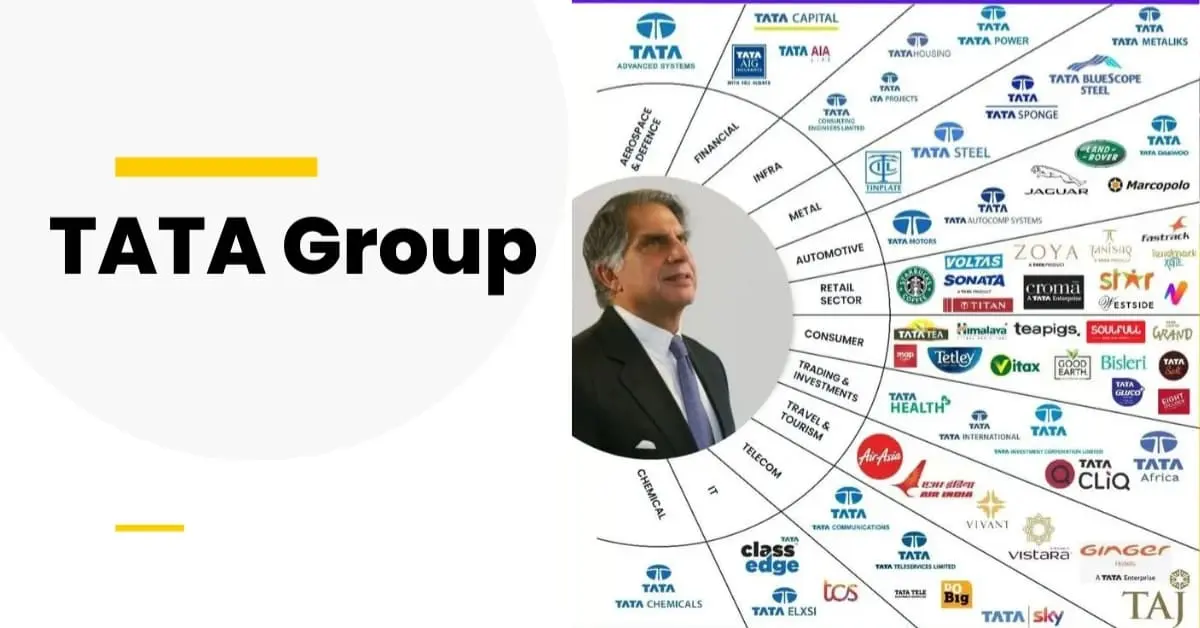
The Tata Group is one of India’s largest and most respected companies, with a diverse portfolio that spans various industries. Below is an overview of some of the top companies owned by Tata Group, including their turnovers.
1. Tata Steel
Overview: Established in 1907, Tata Steel is one of the oldest steel manufacturing companies in India and is recognized globally for its quality steel products. With operations in multiple countries, Tata Steel is a key player in the steel sector, involved in both manufacturing and innovation.
Turnover: Approximately $22 billion (FY 2022-2023).
2. Tata Motors
Overview: Founded in 1945, Tata Motors is a prominent automobile manufacturer, known for a wide range of vehicles, including cars, trucks, and buses. It is recognized for its commitment to sustainable mobility and innovative automotive solutions, including electric vehicles.
Turnover: Around $35 billion (FY 2022-2023).
3. Tata Consultancy Services (TCS)
Overview: TCS, established in 1968, is a global leader in IT services, consulting, and business solutions. With a strong presence in over 46 countries, TCS provides services to many sectors, making it one of the largest IT services firms in the world.
Turnover: Approximately $25 billion (FY 2022-2023).
4. Tata Power
Overview: Founded in 1911, Tata Power is one of India’s largest integrated power companies, involved in power generation, transmission, and distribution. The company is also a leader in renewable energy, focusing on sustainable solutions.
Turnover: About $4.5 billion (FY 2022-2023).
5. Tata Chemicals
Overview: Established in 1939, Tata Chemicals is a major player in the chemicals industry, producing a wide range of products, including soda ash, fertilizers, and food ingredients. The company is committed to sustainability and innovation in the chemical sector.
Turnover: Approximately $2.2 billion (FY 2022-2023).
6. Tata Communications
Overview: A global telecommunications company, Tata Communications provides communication services and solutions to businesses worldwide. The company plays a crucial role in digital transformation and is known for its global reach and network services.
Turnover: Around $1.5 billion (FY 2022-2023).
7. Taj Hotels (Indian Hotels Company Limited)
Overview: Part of the Tata Group, Taj Hotels is renowned for its luxury hospitality. With a portfolio of iconic hotels and resorts, Taj Hotels is a leader in the Indian hotel industry, providing exceptional service and experiences.
Turnover: Approximately $1 billion (FY 2022-2023).
8. Tata AIG
Overview: Tata AIG is a leading general insurance company that offers a range of insurance products, including health, motor, and travel insurance. The company focuses on providing comprehensive insurance solutions to individuals and businesses.
Turnover: Around $1.4 billion (FY 2022-2023).
9. Tata Consumer Products
Overview: Formed from the merger of Tata Global Beverages and Tata Chemicals’ consumer products division, Tata Consumer Products focuses on food and beverage offerings. The company is known for its popular tea and coffee brands, as well as packaged foods.
Turnover: Approximately $1.5 billion (FY 2022-2023).
10. Tata Housing Development Company
Overview: Established in 1984, Tata Housing is a leading real estate development company focused on sustainable and innovative housing solutions. The company aims to provide affordable housing and has projects across India.
Turnover: Estimated at $600 million (FY 2022-2023).
The Tata Group’s Rescue of Air India: A Moment of Pride
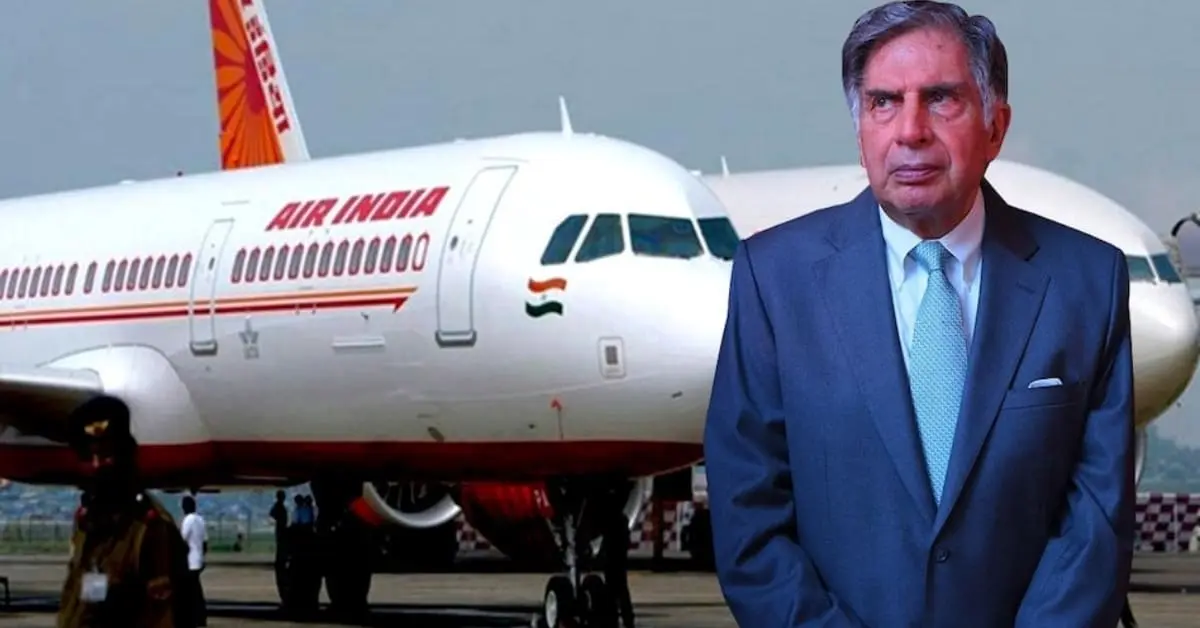
In another inspiring turn in the Ratan Tata history, He was essential in getting Air India back under the Tata umbrella. Air India, originally started by J.R.D. Tata in 1932 as Tata Airlines, was nationalized in 1953 by the Indian government. Decades later, in 2021, after years of financial distress, the government decided to sell Air India, and the Tata Group successfully bid to bring the airline back into the Tata family.
This moment was not just a business victory in the Ratan Tata family history; it was an emotional one for Ratan Tata. In a heartfelt tweet, Tata expressed his joy at Air India’s return, saying, “Welcome back, Air India.” For many Indians, this was a symbolic moment — a reunion of a company with its original creators.
Ratan Tata: A Legacy of Compassion and Vision
Ratan Tata, who passed away on October 10, 2024, leaves behind an indelible legacy of compassion and innovation. Under his leadership, the group achieved remarkable growth, with revenues exceeding $100 billion and landmark acquisitions including Tetley Tea for $430 million and Jaguar Land Rover for $2.3 billion. His visionary launch of the Tata Nano in 2008 aimed to make car ownership accessible to millions. Ratan Tata’s philanthropic efforts, through the Tata Trusts controlling 66% of the group’s profits, transformed countless lives in education and healthcare. His legacy will continue to inspire future generations to dream big and act with purpose.
Tired of not getting a JOB?
Diploma Course in Digital Marketing
With 100% Job Guarantee
Learn effective marketing strategies & maximize your income.
Conclusion:
The life story of Ratan Tata will continue to inspire generations. His journey from humble beginnings to becoming the chairman of one of the world’s largest business conglomerates is nothing short of extraordinary. But more than his business acumen, it is his humility, compassion, and commitment to making the world a better place that makes him a true icon.
Ratan Tata’s life teaches us that success is not measured by wealth alone, but by the impact you have on the lives of others. His legacy is a blend of visionary leadership, social responsibility, and an unwavering belief in the power of dreams.
As young Indians, we can all take a leaf out of the Ratan Tata history — to dream big, work hard, and always stay grounded. In a world that is constantly changing, Tata’s life reminds us that with perseverance and compassion, we can overcome any obstacle and leave a lasting impact on the world.















